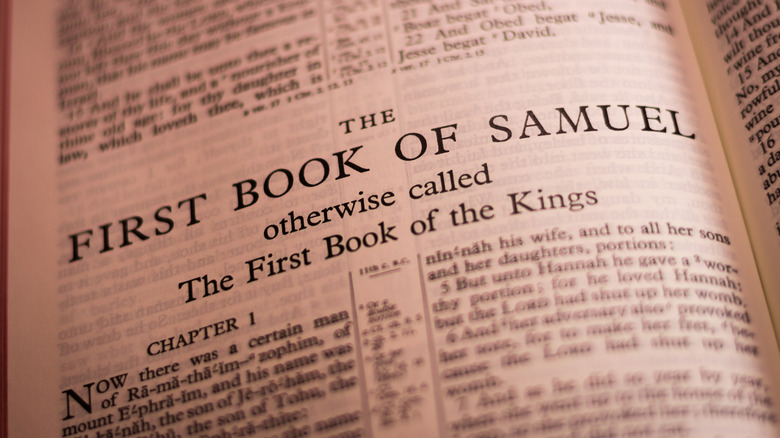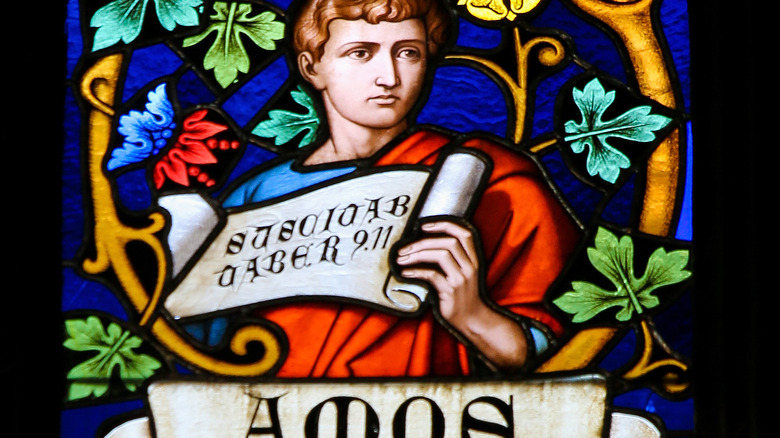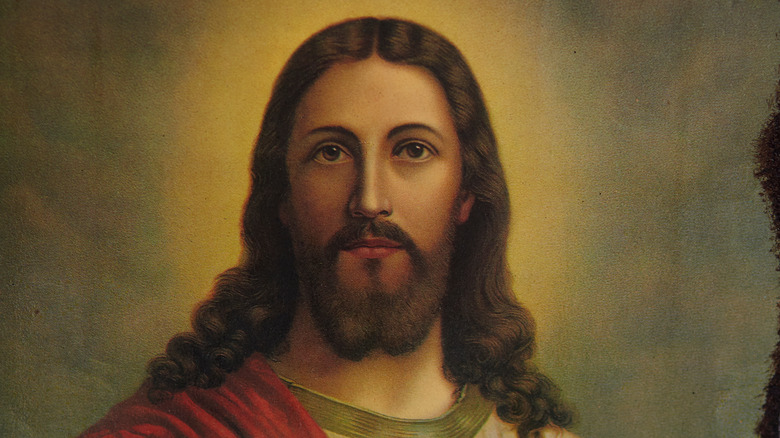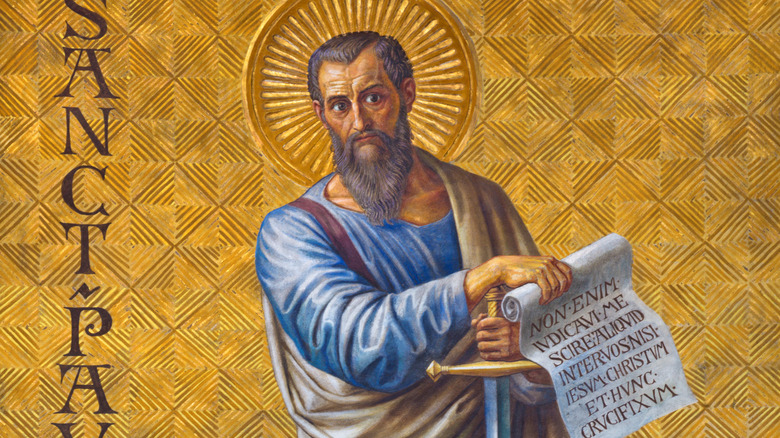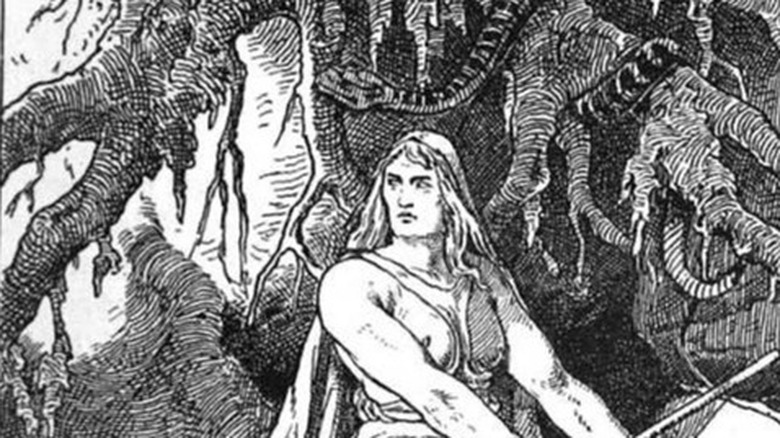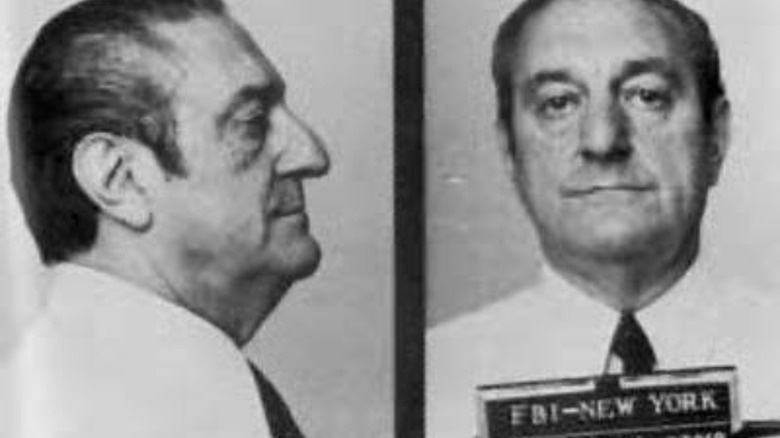
Who Wrote The Bible?
For over 2 billion Christians across the world, the Bible is the sacred text that serves as their source of truth, as well as comfort and inspiration, particularly the New Testament (and the Old Testament is just as important for those of the Jewish faith). The document is not one book, but rather, a library, representing history, poetry, law, and more. There are 66 books in the Protestant Bible and 73 in the Catholic, written over the course of centuries by multiple different authors. Some of those books bear names — Matthew, Isaiah, Jeremiah — and tradition holds that those names are those of their authors. Other books are not named for a person — I and II Kings, Lamentations, Acts — and their authorship is a matter of speculation, sometimes based on internal and external evidence.
However, as historian Matt Baker notes in his video, “Who Wrote The Bible,” there are competing answers to the question when it comes down to the authorship of the books in the text. There’s the dogmatic/traditional answer, which holds that the books of the Bible that are named were actually written by the person bearing that name: Mark was written by Jesus’ disciple Mark, Isaiah was written by the prophet Isaiah, and so on. Similarly, this view holds that unnamed books were written by authors traditionally ascribed to them, in particular, Moses having purportedly written the first five books of the Old Testament.
Tradition holds that Moses wrote the first five books of the Old Testament
As is sometimes the case, historical scholarship and religious teaching don’t always match up precisely, and this is true in the case of answering the question of who wrote the Bible. Centuries of scholarship have investigated and explored the question. Let’s look at some of the main points.
For some Christians, and similarly for some Conservative Jews, according to Baker, the matter of who wrote the first five books of the Bible — Genesis, Exodus, Leviticus, Numbers, and Deuteronomy, also known as the “Pentateuch” — is simple and straightforward: Moses. For centuries Christendom as well as some Jews accepted this without question.
However, Elon Gilad, writing in Haaretz, noted that this can’t possibly be true. He says that in the 18th and 19th centuries, German researchers began to take a critical look at the texts, and found that they could not have been written by the same man. There were differences in style and language, for example, and differing accounts of the same event told in different ways.
Very simply put, eventually, the texts got compiled by different editors and redactors over the years, men whose names have largely been lost to history, and we ended up with the combined accounts that were eventually compiled into the Pentateuch.
The Old Testament's historical books were likely compiled by later editors
After the Pentateuch, the next major section of the Old Testament is its 12 books of history, beginning with Joshua and concluding with Esther. These books cover a centuries-long period that is said to document God’s relationship with his people following their return from captivity in Egypt, up and through the height of Israel’s strength as a regional power, and to its decline that ended up with the Israelites being carried off into foreign captivity.
Four of the major books from this section are those of Joshua, Judges, Samuel and Kings, believed for centuries to have been written by Joshua and Samuel themselves. However, as All That’s Interesting notes, the language in those texts bears similarity to that of Deuteronomy, leading some Bible scholars to conclude that they were written by the same person. However, it’s also likely that they could have been compiled by Jewish priests serving during the Israelites’ captivity in Babylon in the middle of the 5th century BCE.
The authorship of the rest of the Old Testament is unclear
The Old Testament’s section on history is followed by one (or two, depending on your point of view) sections: the Prophets, sometimes divided into Major (Isaiah and others) and Minor (Amos among them). While tradition and, in some cases, teaching hold that they were written by the men whose names they bear, history has come up with a less-straightforward explanation.
For example, consider the major prophet Isaiah: as All That’s Interesting notes, the first part of his book may very well have been written by the man himself. The second part, however, represents a stark tonal shift, and may have been compiled by later editors. The third section bears linguistic similarity to Deuteronomy and may have been written by the author of that text.
For Jeremiah, ascribing authorship is more complicated. Could have been Jeremiah himself, could have been a man he mentions as having been one of his scribes, could have been one of the authors of sections of the Pentateuch. The uncertainty persists throughout the remainder of the Old Testament. Linguistic analysis points to these books having been written or compiled by people other than whom tradition and dogma claim, perhaps having been composed by anonymous authors who contributed to the Pentateuch.
The authorship of the Gospels is disputed
While the Old Testament covers a period of hundreds of years, and its authorship has traditionally been attributed to over a dozen men, the New Testament is considerably more straightforward. Its historical scope consists of right around a century, and its authorship has been historically and dogmatically attributed to only a handful of writers.
Tradition claims that the Gospels — Matthew, Mark, Luke and John — were written by those very men, contemporaries of Jesus who lived and ministered with him while he lived, from circa 4 BCE to circa 30 CE. However, as History reports, that is likely untrue. The Gospels weren’t written — or compiled, as the case may be — until around 70 CE, a solid four decades after the death of Jesus.
In his book “Jesus, Interrupted,” Bible scholar Bart Ehrman claims that the Gospels were compiled from oral tradition, and that the scribes and editors who compiled them attached the names of Jesus’ disciples to the documents “to inform readers who the editors thought were the authorities behind the different versions.”
Some of the Pauline writings were correctly attributed
One of the most important figures in the New Testament is the Apostle Paul. The Jewish teacher who converted to Christianity traditionally wrote 13 of the 27 books of the New Testament, all of them “epistles” — letters — to various churches throughout the Mediterranean region. The narrative of those books provides much of the basis of Christian practice and doctrine two millennia later.
Did Paul actually write those books, as tradition and dogma hold? Actually, he probably did, according to History; or at least, he probably wrote seven of them, anyway, the remaining six having been assigned his name by later editors, likely followers of Paul who wanted to lend authenticity to their writings by attaching Paul’s name to them. The “Pauline Epistles” believed to be almost certainly written by him are Romans, 1 and 2 Corinthians, Galatians, Philippians, 1 Thessalonians, and Philemon, while the rest are believed to have been written by others.
The authorship of the remainder of the New Testament
Outside of the Gospel and the Pauline Epistles are three sections of the New Testament: History, General Epistles, and Prophecy.
“History” here refers to the book of Acts, which describes the activities of Jesus’ disciples — to include much of the narrative about Paul — in the decades immediately after his death. According to Christian publisher Zondervan, the author claims to be Luke, the same man as the purported author of the Gospel bearing his name. It was likely written by the same man.
The term General Epistles, put simply, refers to epistles not written by Paul. According to Religious Tolerance, those books, purportedly written by Jesus’ disciples, such as Peter and James, were almost certainly compiled or written by others, in some cases decades or even centuries after their named writers’ deaths.
The New Testament’s one book of prophecy is Revelation. Tradition holds that it was written by Jesus’ disciple, John, the author of a Gospel and other New Testament books bearing his name, according to Cross Examined. However, according to PBS, it was likely written by a Christian who lived much later, quite possibly the 1st-century equivalent of a circuit preacher, who went by the name of John.
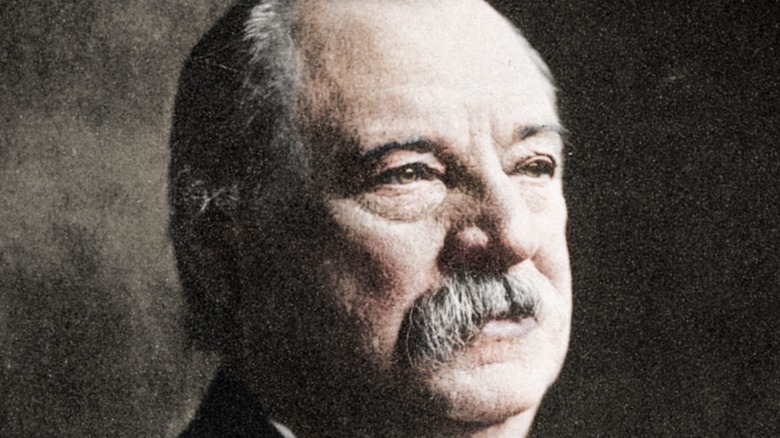
The Truth About President Grover Cleveland's Time As An Executioner

What Is Actually Written In The Dead Sea Scrolls?

Here's What's Inside El Chapo's Prison Cell

Rulers Who Relied On Astrology To Make Decisions

Why The Philippines Celebrates The 4th Of July
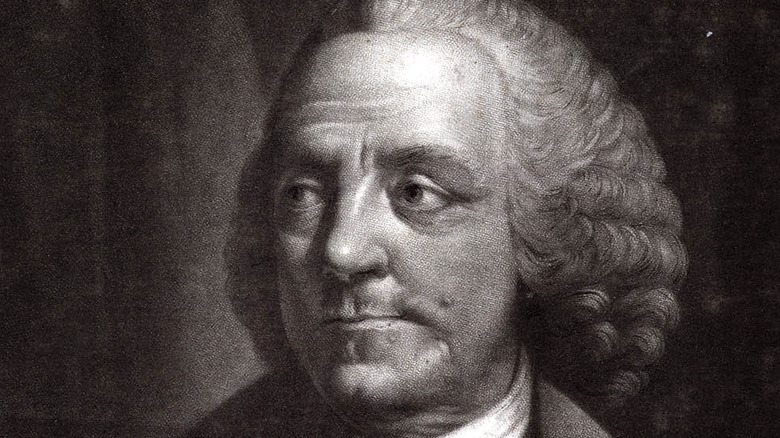
The Real Reason Benjamin Franklin Invented The Odometer

This Is What Neanderthals' Voices Actually Sounded Like

The 100 Hour War Explained
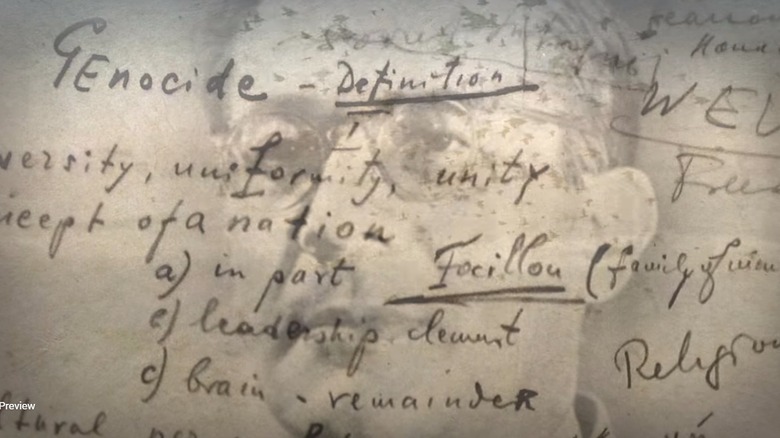
Here's Where We Got The Word 'Genocide'

This Is The One Thing You Definitely Need In Your Apocalypse Shelter

